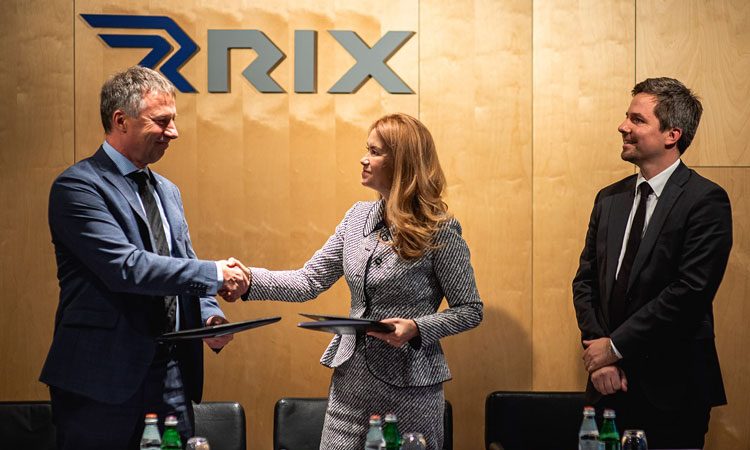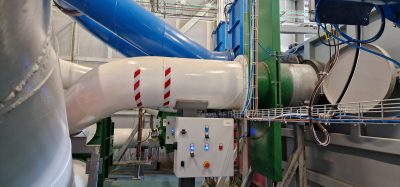Riga Airport to have Europe’s most advanced air cargo handling centre
- Like
- Digg
- Del
- Tumblr
- VKontakte
- Buffer
- Love This
- Odnoklassniki
- Meneame
- Blogger
- Amazon
- Yahoo Mail
- Gmail
- AOL
- Newsvine
- HackerNews
- Evernote
- MySpace
- Mail.ru
- Viadeo
- Line
- Comments
- Yummly
- SMS
- Viber
- Telegram
- Subscribe
- Skype
- Facebook Messenger
- Kakao
- LiveJournal
- Yammer
- Edgar
- Fintel
- Mix
- Instapaper
- Copy Link
Posted: 8 November 2019 | Rachael Harper (International Airport Review) | No comments yet
An agreement has been made to develop a new sorting facility at Riga Airport which will allow for more efficient shipment handling.


Credit: Riga International Airport.
A new cooperation agreement has been signed which is the first step taken to build one of the most modern shipment processing and logistics centres in Europe at Riga Airport.
The agreement between Riga Airport, logistics company DHL Latvia and real estate development company Castor Construction, provides a regional shipment processing and logistics centre with an area of 4,500 square metres to be built at Riga Airport within a year.
The new sorting facility will allow for more efficient shipment handling, thus ensuring faster and more convenient delivery of shipments to customers. As part of its efforts to reduce CO2 emissions, energy-efficient solutions are planned at the new terminal, including the company’s intention to supplement its fleet with electric vehicles.
“The new DHL cargo logistics centre will ensure a stable long-term air cargo flow at Riga Airport,” said Ilona Līce, Riga Airport Chairperson of the Board. “Considering the rapidly changing dynamics of air cargo shipments, the main and decisive role in attracting and developing the international cargo logistics solution at Riga Airport is the development of low-cost infrastructure, high quality of services, clear and simple customs procedures, and added value that based on innovations can be created by cargo companies and regulatory authorities.
“The main task of the airport is to provide an appropriate infrastructure and a favourable platform for cooperation, which will facilitate the entry of new cargo carriers and increase the turnover of air cargo.”
As the aerodrome infrastructure at Riga Airport continues to develop, a new cargo apron will be completed in the near future, which will allow Riga Airport to double its cargo handling capacity and make Riga Airport more attractive to air cargo carriers, Līce continued. The new apron will feature three large-fuselage aircraft piers with a flexible layout that will allow accommodating all types of cargo aircraft. Thus, together with the new shipment processing centre and the planned multifunctional logistics centre, the airport will have state-of-the-art cargo handling infrastructure, allowing Riga Airport to fully participate in the global air cargo market.
Currently, the volume of air cargo transportation in Latvia consists of four business lines: export and import of high value-added goods; mail and e-commerce; transit air cargo handling; and non-military cargo transit to Afghanistan for the needs of the International Security Assistance Force (ISAF).
In 2018 the volume of cargo handled at Riga Airport increased by 10.4 percent, exceeding 27 thousand tonnes. During the first nine months of this year, Riga Airport has handled almost 20 thousand tonnes of air cargo – half of the entire air cargo volume in the Baltics.
Related topics
Air freight and cargo, Airport construction and design, Airport development, Movers and appointments


















